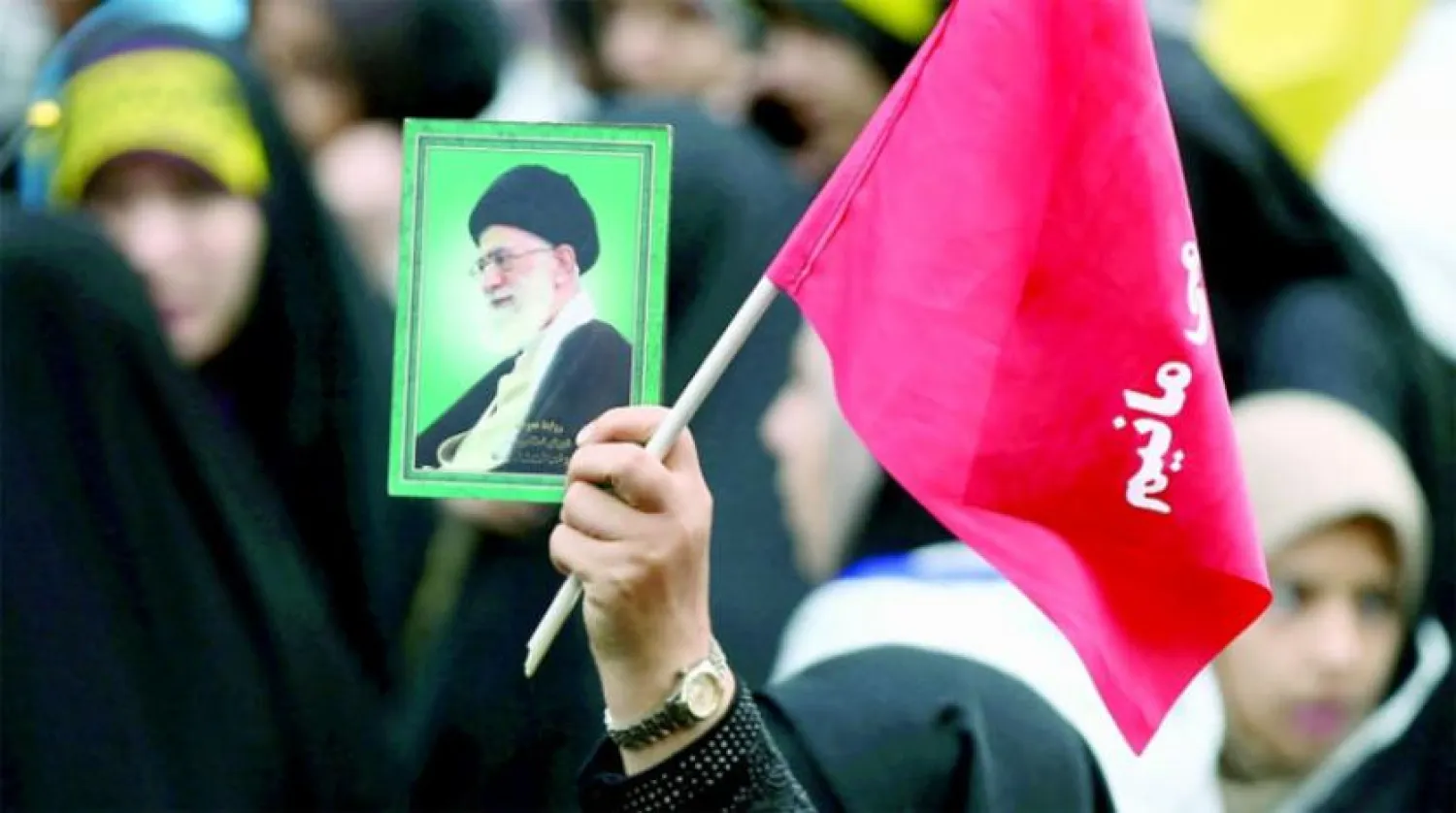British Foreign Secretary James Cleverly will call out Iran and Russia as threats to the security of the Middle East in a speech to global leaders in Bahrain on Saturday.
Speaking at the Manama Dialogue security conference in Bahrain, he will commit to working with partners in the region to ensure Iran never develops a nuclear weapon and tackle its destabilizing activity in the region.
On the threat posed by Iran, Cleverly is expected to say that Iranian-supplied weapons threaten the entire region.
“Today Iran’s nuclear program is more advanced than ever before, and the regime has resorted to selling Russia the armed drones that are killing civilians in Ukraine.”
“As their people demonstrate against decades of oppression, Iran’s rulers are spreading bloodshed and destruction as far away as Kyiv,” he will add.
The Secretary will affirm Britain’s determination to work alongside its friends to counter the Iranian threat, interdict the smuggling of conventional arms, and prevent the regime from acquiring a nuclear weapons capability.
He will also call out Russian President Vladimir Putin’s invasion of Ukraine as a “flagrant breach” of the principles of sovereignty and territorial integrity, which is “heaping misery” on millions of Syrians and Yemenis by driving up food prices.
“Putin’s war is inflicting yet more suffering on Syrians and Yemenis, who were already enduring the privations of humanitarian emergency, and ordinary Lebanese, caught up in economic crisis,” according to excerpts distributed from his speech.
He will also highlight opportunities for cooperation on Gulf States’ transition to green energy and look forward to greater trade between the Gulf and the UK following the conclusion of talks on a new Free Trade Agreement with the Gulf Cooperation Council, expected in 2023.
Separately, Britain’s maritime agency said a drone circled a ship in the Gulf of Oman on Friday.
The Maritime Trade Operations (UKMTO) said the incident took place about 50 miles southwest of Muscat. The vessel and crew were reported to be safe. It did not specify what kind of vessel was involved.
Earlier on Tuesday, an attack took place on an oil tanker off the coast of the Sultanate of Oman. The US Central Command said on Wednesday that an Iranian-made drone had attacked the tanker Pacific Zircon.
An Israeli official said Iran was responsible for the strike, while Iran's Nournews, which is affiliated to Tehran's security organization, blamed Israel.
Pacific Zircon sustained minor damage with no injuries or spillage of the gas oil cargo, its operator, Israeli-controlled Eastern Pacific Shipping, said on Wednesday.
Attacks on tankers in Gulf waters in recent years have come at times of heightened regional tensions.









